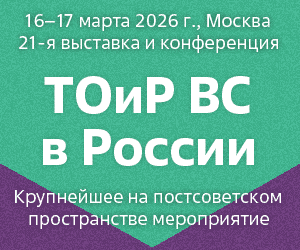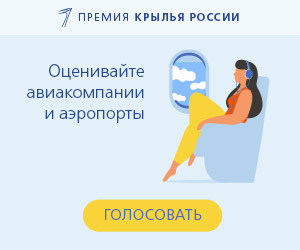United lobbyists
In July two Russia’s professional bizav organizations, the United Business Aviation Association (UBAA) and the Russian Business Aviation Association (RBAA), announced a merger. The resulting entity will be known as the Russian United Business Aviation Association (RUBAA). The move was preceded by nearly a year of consultations. RUBAA chairman Leonid Koshelev says, "The establishment of a single business aviation association is a signal that the Russian industry is turning into a serious player to be reckoned with, by both our European colleagues and the Russian civil aviation authorities." He adds that from now on, national regulators should recognize business aviation as a separate sector from commercial aviation, and treat it according to its needs.
The RUBAA’s mission will include lobbying the government on issues such as customs restrictions, aircraft financing and state regulation of the industry. Some serious progress has already been made. Customs duty on aircraft weighing 2 to 20 tons has been waived, and a law on aircraft ownership registration came into force on 1 September.
Koshelev notes however that, "it would be good to see the duty similarly waived on light aircraft" and large-cabin business jets such as the Gulfstream 550 and the Global XRS. Anther pressing need is for harmonization of Russia’s customs regulations on permitted periods of stay for foreign aircraft. Almost everywhere else in the world a clear limit is set on the number of days an aircraft is allowed to stay at that country’s airport before clearing customs. A similar limit should be codified in Russia.
Koshelev believes his association has to secure major breakthroughs on the customs and aircraft registration front before taking on the more complicated problem of state regulation in business aviation. That issue, among other things, requires "the laying of the legal groundwork for the supervision over safety of corporate and private aircraft". Work on this problem is impossible without first reforming the civil aviation authorities and harmonizing the Russian Air Code with ICAO recommendations, the US and EU aviation legal frameworks, he says.
Ссылки по теме
- Для того, чтобы оставить комментарий, не привязанный к социальной сети, войдите или зарегистрируйтесь на нашем сайте.









